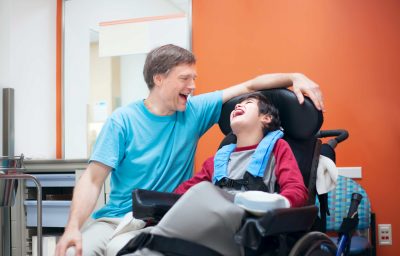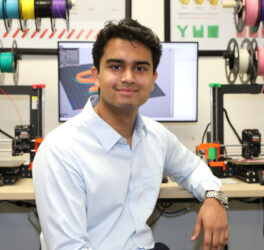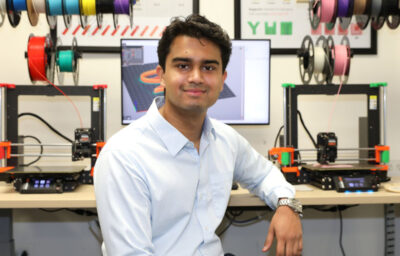
States must do more to prevent cyberbullying and overcome unequal access to assistive technology which hampers the rights of persons with disabilities – particularly women and girls – the Human Rights Council has heard.
Recalling the mantra “nothing about us, without us”, which was coined by the disability rights movement, UN rights chief Volker Türk insisted that the international community was failing to uphold a fundamental tenet of the Universal Declaration of Human Rights with regard to people with disabilities, namely that all people are born equal.
“In all regions, people with disabilities are discriminated against and dismissed; held back and held down; undervalued and undermined” – in particular women and girls, he said on Monday. “They are targeted and ignored.”
The High Commissioner for Human Rights also highlighted that for today’s online communities, cyberbullying “often means that no place is safe”.
Echoing that warning, the Special Rapporteur on the Rights of Persons with Disabilities, Heba Hagrass, noted that progress in disability rights has stalled or regressed for 14 per cent of Sustainable Development Goals (SDGs) targets. A full 30 per cent showed insufficient change, according to the 2024 Disability and Development Report.
“The situation for women and girls with disabilities is even more dire, as they face compounded discrimination,” Ms. Hagrass told the Council, in her capacity as an independent rights expert, who like other Special Rapporteurs is not UN staff and does not receive a salary for her work.
Women and girls with disabilities are targets of gender-based discrimination as well as discrimination related to their disability, the rights expert continued.
“They are under-represented in education and employment and are at heightened risk of violence and abuse – particularly forced sterilization, domestic violence and sexual exploitation”, Ms. Hagrass said.








